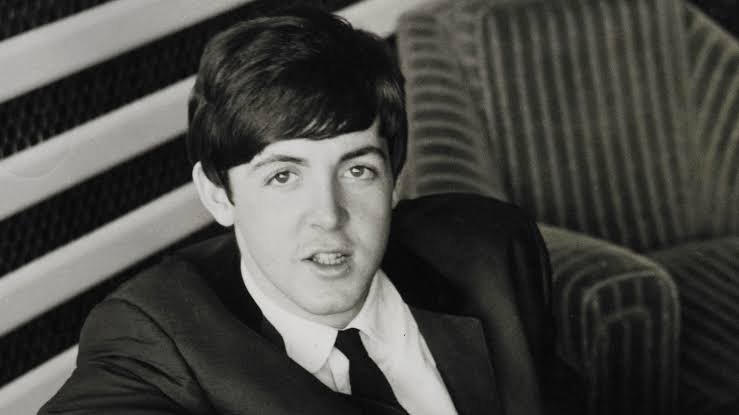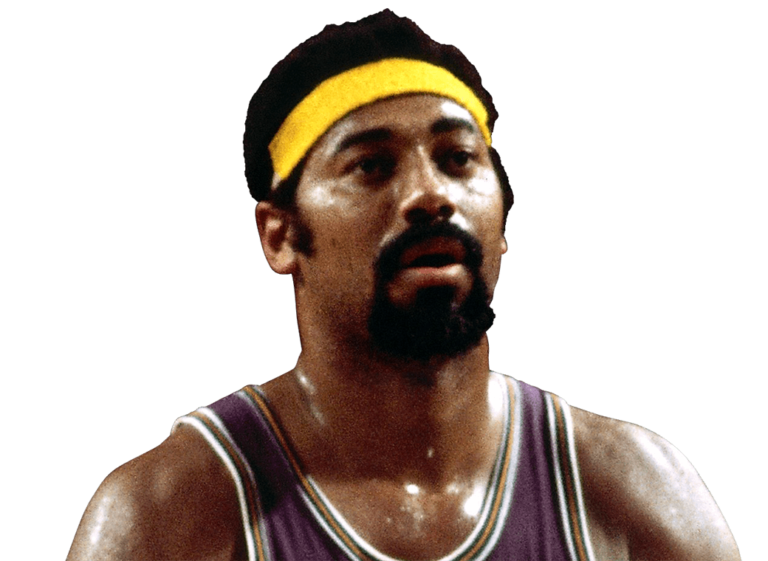
- Paul McCartney Knew He’d Never Top The Beatles — And That’s Just Fine With Him
For decades, Paul McCartney has been a towering figure in the music world, not just as a former Beatle but as a prolific solo artist. However, the legendary musician has recently revealed a profound acceptance regarding his post-Beatles career: he knew he would never top The Beatles, and he’s perfectly content with that realization.
In a candid interview with *Rolling Stone*, McCartney discussed the extraordinary success of The Beatles and how it has shaped his perspective on his subsequent musical endeavors. “The Beatles were a phenomenon that happened once in a lifetime,” McCartney said. “We were at the right place at the right time with the right people. That kind of magic is impossible to recreate.”
McCartney’s reflections come as no surprise to those familiar with the unprecedented impact The Beatles had on the music industry and popular culture. With hits like “Hey Jude,” “Let It Be,” and “Yesterday,” the band not only dominated the charts but also defined a generation. Their innovative approach to music, coupled with their charismatic personalities, made them icons whose influence extends far beyond their active years.
Despite the insurmountable legacy of The Beatles, McCartney embarked on a solo career that has been remarkably successful in its own right. With albums like “McCartney,” “Ram,” and “Band on the Run,” he proved that his creativity and talent extended well beyond the confines of the Fab Four. Yet, McCartney acknowledges that comparing his solo work to The Beatles’ output is both futile and unnecessary.
“When I started my solo career, I wasn’t trying to outdo The Beatles,” McCartney explained. “I was just trying to make good music. I wanted to explore new sounds and collaborate with different artists. I knew that whatever I did would always be compared to The Beatles, but that didn’t deter me. In fact, it motivated me to keep pushing boundaries.”
McCartney’s post-Beatles career has been marked by an impressive versatility. From the experimental sounds of “McCartney II” to the classical compositions of “Liverpool Oratorio,” he has continually reinvented himself. His willingness to explore various genres and work with a diverse array of artists, from Michael Jackson to Kanye West, speaks to his enduring passion for music.
One of the most poignant moments in McCartney’s interview was his reflection on his legacy. “I used to worry about living up to The Beatles,” he admitted. “But then I realized that what we did was unique. It’s a part of history. My solo work is just another chapter in my story. It doesn’t have to be better or worse; it’s just different.”
McCartney’s acceptance of his place in music history is a testament to his humility and wisdom. Rather than being overshadowed by his past, he has embraced it as a foundation upon which he has built a diverse and influential career. His ability to acknowledge the extraordinary nature of The Beatles while continuing to innovate and create is a rare and admirable quality.
As McCartney prepares to release his latest album, fans are reminded once again of his unparalleled contributions to music. Whether with The Beatles or as a solo artist, McCartney’s work continues to resonate, inspire, and entertain. His acceptance that he could never top The Beatles is not a resignation but a celebration of his journey, one that is far from over. And that’s just fine with him.


